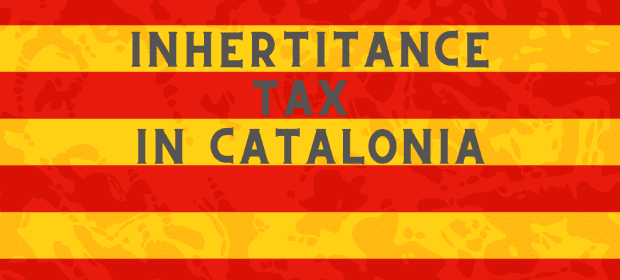Welcome to ‘Spectrum in Occitanie, Finance in Focus’.
The Covid-19 pandemic still dominates the news and will inevitably remain at the forefront of our thoughts for some time. Last month we focused on the financial consequences of this virus and we may well return to this subject in future editions. However, in this issue we are going to focus on the very important, and often neglected, subject of Wills and Inheritance Planning. Succession laws in France differ significantly from those in the UK and careful planning is required to mitigate French inheritance tax.
As a reminder, we are Sue Regan, Rob Hesketh, Derek Winsland and Philip Oxley. Together we form Spectrum’s team in the Occitanie.
As touched on in last month’s Newsletter, now is probably a good time to revisit the subject of inheritance planning – an integral part of any financial planning review.
Despite the importance of making sure one’s affairs are in order for the inevitability of our demise, very few people actively seek advice in this area and, as a result, are unaware of the potential difficulties ahead for their families and heirs, not to mention potential tax bills which can be quite substantial for certain classes of beneficiary. With some sensible planning you could save your intended beneficiaries a great deal of stress and dramatically reduce their inheritance tax bill.
The basic rule is, if you are resident in France, you are considered also to be domiciled in France for inheritance purposes and your worldwide estate becomes taxable in France, where the tax rates depend upon the relationship to your beneficiaries.
Fortunately, there is no inheritance tax between spouses and the allowance between a parent and a child is reasonably generous, currently €100,000 per child, per parent. For anything left to other beneficiaries, the allowances are considerably less. In particular, for step-children and other non-related beneficiaries, the allowance is only €1,594 and the tax rate on anything above that is an eye-watering 60%!
There are strict rules on succession and children are considered to be ‘protected heirs’ and so are entitled to inherit a proportion of each of their parent’s estates. For example, if you have one child, the proportion is 50% of the deceased parent’s estate; two children, one-third each; and if you have three or more children, then three-quarters of your estate must be divided equally between them.
You are free to pass on the rest of your estate (the disposable part) to whoever you wish through a French will and, in the absence of making a will, if you have a surviving spouse, he/she would be entitled to 25% of your estate.
You may also be considered domiciled in your ‘home country’ and if so, this could cause some confusion, since your home country may also have the right to charge succession taxes on your death. However, France has a number of Double Taxation Treaties (DTT) with other countries covering inheritance. In such a case, the DTT will set out the rules that apply (basically, ‘which’ country has the right to tax ‘what’ assets).
For example, the 1963 DTT between France and the UK specifies that the deceased’s total estate will be devolved and taxed in accordance with the person’s place of residence at the time of death, with the exception of any property assets that are sited in the other country.











